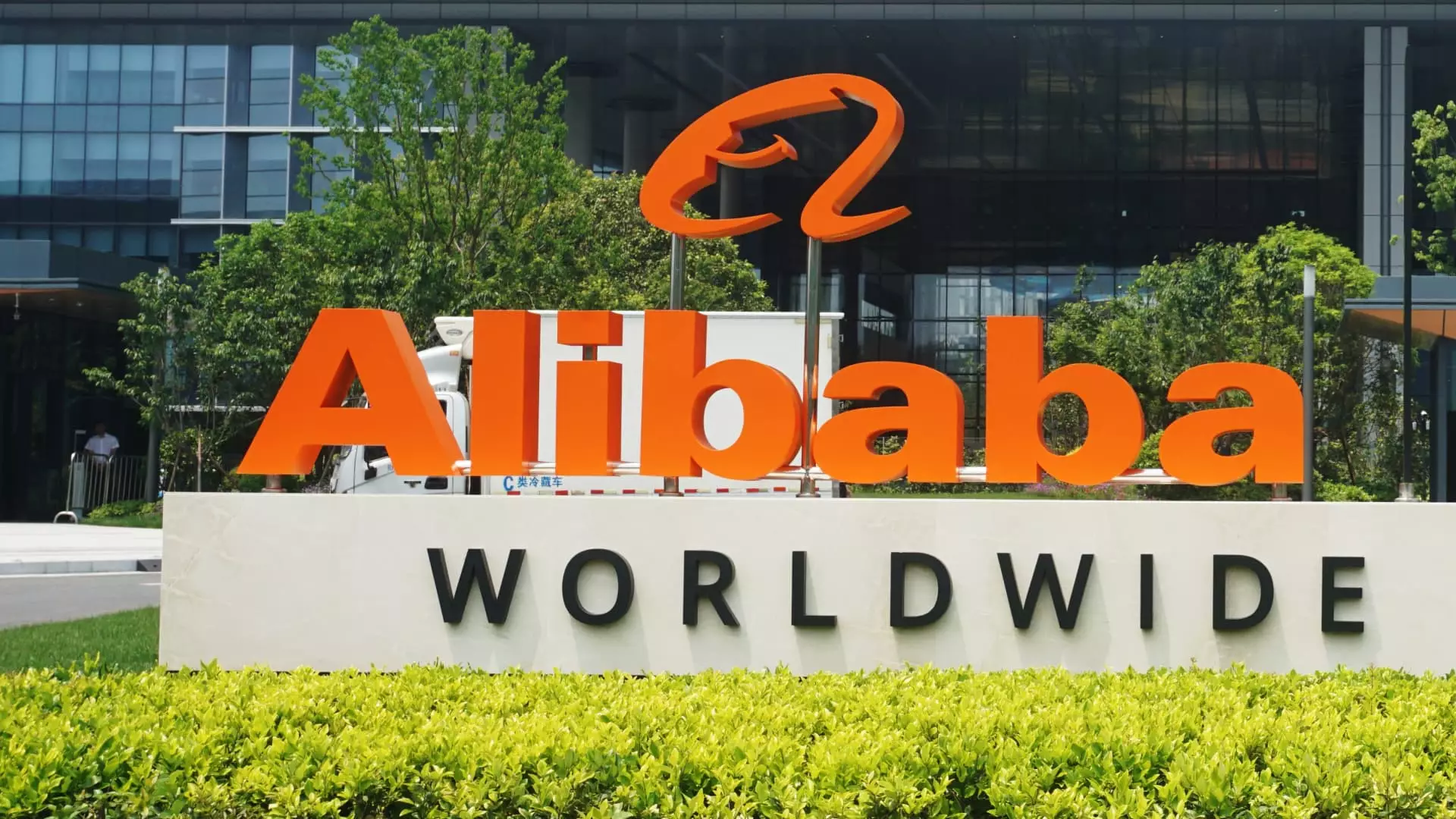In an increasingly globalized economy, the need for effective communication across language barriers is more critical than ever, especially in the realm of e-commerce. Recognizing this necessity, Alibaba International has launched an enhanced version of its AI-powered translation tool, Marco MT. This sophisticated tool is designed to outperform notable competitors like Google, DeepL, and ChatGPT. Alibaba’s latest offering not only aims to streamline cross-border transactions for merchants but also seeks to improve overall user experience in the international marketplace.
The recent unveiling of Marco MT marks a significant progression from its predecessor introduced a year prior, which already boasted an impressive user base comprising 500,000 merchants. This iteration of the translation tool leverages advanced large language models to provide contextually accurate translations. These models are crucial in understanding cultural nuances and industry-specific terminology, making it easier for merchants to craft product pages that resonate with potential customers in target markets.
Kaifu Zhang, Alibaba’s Vice President of the International Digital Commerce Group, emphasizes the importance of contextual translation in boosting merchant performance. By tailoring translations to specific cultures and contexts, the tool aims to enhance the chances of consumer engagement and conversion, ultimately benefiting both the merchants and the platform itself. This business-centric approach aligns with Alibaba’s overarching goal of fostering growth and success for its sellers.
Technological Underpinnings and Language Support
Alibaba’s translation engine operates on its proprietary model named Qwen, which distinguishes it from other leading services. Marco MT currently supports 15 languages, encompassing a wide range of regions including Western and Eastern Europe, as well as emerging markets. The inclusion of languages such as Arabic, Spanish, and Russian ensures that Alibaba can cater to a diverse audience, expanding its reach in competitive international markets.
The ability of large language models, such as those used for ChatGPT and other AI applications, to generate human-like text responses is an essential feature of Marco MT. This capability enables the translation tool not just to convert text from one language to another but to enrich it with nuanced expressions that are relevant to the target demographic. For instance, a literal translation might miss out on the implied meanings present in cultural phrases, risking miscommunication and potentially alienating customers.
As Alibaba’s international unit continues to gain momentum, the e-commerce landscape is witnessing a significant shift. With competitors like Temu and Shein making strides in global markets, Alibaba is strategically poised to seize opportunities in both developed and developing regions. Zhang projects robust demand for Marco MT, especially in Europe and the Americas, where many emerging markets are actively participating in cross-border trading.
Notably, a considerable proportion of Alibaba.com users come from developing countries, highlighting a growing trend where these nations are stepping into the forefront of global e-commerce. This dynamic not only enriches the marketplace but also places increased importance on the need for effective communication tools like Marco MT.
The application of Marco MT is already evident, with over 100 million product listings having utilized the initial version of the tool since its launch. It is structured to charge merchants based on the volume of text translated, ensuring a scalable approach to translation services.
The implications of introducing an adept translation tool extend beyond mere convenience for merchants. Improved translation accuracy promotes a sense of understanding and inclusivity for consumers. This ensures an enriched shopping experience where users feel culturally aligned with the products they are considering. Zhang articulates this idea well, noting an example where a colloquial term in Chinese could have detracted from user engagement if translated without context.
As Alibaba gears up for significant shopping events like Double 11, the company anticipates that Marco MT will enhance overall consumer interaction. A well-executed translation engine can elevate the shopping experience, making it more relatable and authentic for international users.
As Alibaba’s international ventures, including platforms such as AliExpress and Lazada, continue to thrive, the company reported a remarkable 32% growth in international sales, contrasting starkly with a decline in its main Chinese e-commerce operations. Analysts predict a stable continuation of this trend, anticipating a still significant growth rate after the launch of Marco MT.
As Alibaba looks to the future, the blend of technological innovation with the practical needs of merchants signals a strong commitment to evolving its international business strategy—an endeavor that seems well-timed and critical in the continuously expanding global marketplace. With effective tools like Marco MT, Alibaba is not merely keeping pace; it is setting the standard for AI-driven solutions in global e-commerce, aiming to create more inclusive and culturally mindful shopping experiences.

